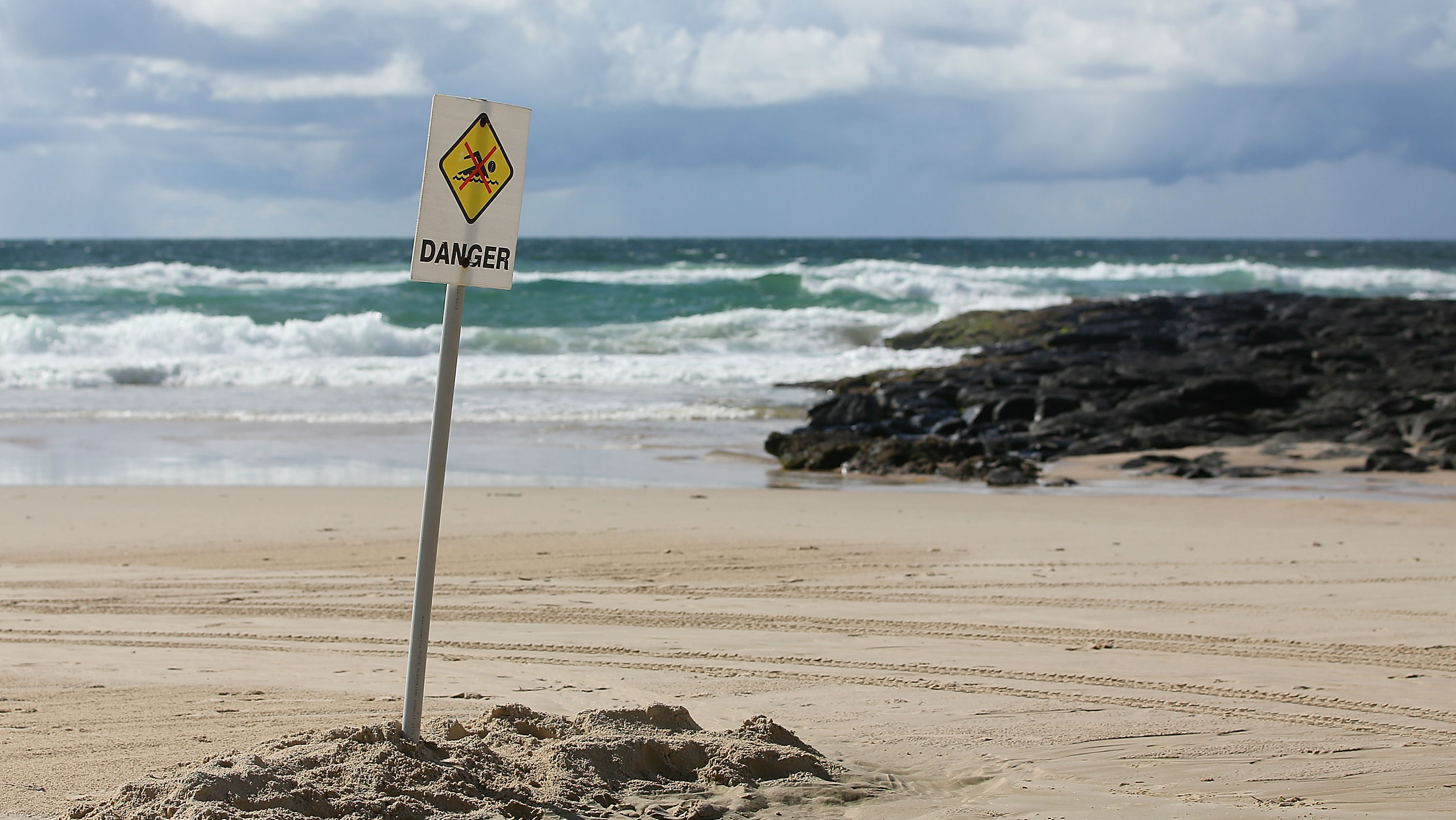Fact Check: The truth about shark culling
Following the death of another surfer in Australia, The Week investigates whether killing sharks reduces the risk of attack

A free daily email with the biggest news stories of the day – and the best features from TheWeek.com
You are now subscribed
Your newsletter sign-up was successful
Fresh calls have been made for a shark cull in Australia following the death of a teenage surfer, but some argue the controversial practice does little to protect human lives. What are the facts?
What happened in Australia?
Laeticia Brouwer, 17, was attacked by a shark on Monday while surfing with her father off the coast of Western Australia. It was the third shark-related fatality on the state's beaches in the past year.
The Week
Escape your echo chamber. Get the facts behind the news, plus analysis from multiple perspectives.

Sign up for The Week's Free Newsletters
From our morning news briefing to a weekly Good News Newsletter, get the best of The Week delivered directly to your inbox.
From our morning news briefing to a weekly Good News Newsletter, get the best of The Week delivered directly to your inbox.
Responding to the attack, federal environment minister Josh Frydenberg said the government would welcome "any proposal to put human life first", including a shark cull.
His comments came ahead of a pre-planned Senate committee hearing on shark attack mitigation strategies in Perth today.
Culls have been carried out in Western Australia in the past amid widespread protests. A controversial catch-and-kill programme using baited hooks was implemented after a spate of attacks in 2014, but was scrapped months later, reports Sky News. This was due to concerns about its ecological impact.
What do Australians think?
A free daily email with the biggest news stories of the day – and the best features from TheWeek.com
Supporters of a fresh cull include Fred Pawle, surf writer at The Australian. "Our insane shark-conservation policies have cost another life," he writes.
But the Australian Marine Conservation Society and other environment groups argue that culling does nothing to reduce the number of attacks and propose non-lethal methods be employed instead.
The public appears to agree. The most recent national polling on the issue, conducted in 2014, revealed that 83 per cent of Australians are opposed to killing the marine animals.
The risk of an attack should be put into perspective, says Bond University's Daryl McPhee, author of an influential 2012 report on shark culling.
Between 2001 and 2005, there were 129 drownings on Australia's beaches – while just five people were killed by sharks. "If you rationally wanted to save lives, you'd spend more money on water safety," he says.
Do culls make beaches safer?
Some shark control measures have been effective at reducing attacks, while others have failed completely, McPhee notes.
"[McPhee] says that logic implied that a reduced number of sharks meant less chance of attack," The Guardian reports. "But he warned that there was no guarantee this would happen."
A large-scale cull carried out in Hawaii during the 1960s and 1970s proved ineffective at reducing the number of shark attacks, local scientists and state officials concluded.
The programmes "were expensive, culled 4,668 sharks and yet failed to produce measurable decreases in shark bite incidents," says Carl Meyer, from the University of Hawaii.
Analysis of other culling programmes carried out in Queensland shows that shark-related fatalities declined in areas with and without baited hooks, with the steepest drop occurring before they were even introduced.
But Professor Jessica Meeuwig, from the University of Western Australia, says the programme's effectiveness is difficult to evaluate. "The decreases may simply reflect broader declines in shark populations, driving down encounter rates despite the increased human presence in the ocean," she says. "Or they may simply be random."
The ecological impact, however, is much clearer. More than 6,000 sharks were caught in Queensland between 2001 and 2013, the overwhelming majority of them were species considered to be at conservation risk. The bait lines also pose a significant risk to other marine animals, including dolphins and turtles.
Who is right?
There is limited scientific evidence that culling sharks helps save lives, however, its negative impact on marine life is indisputable.